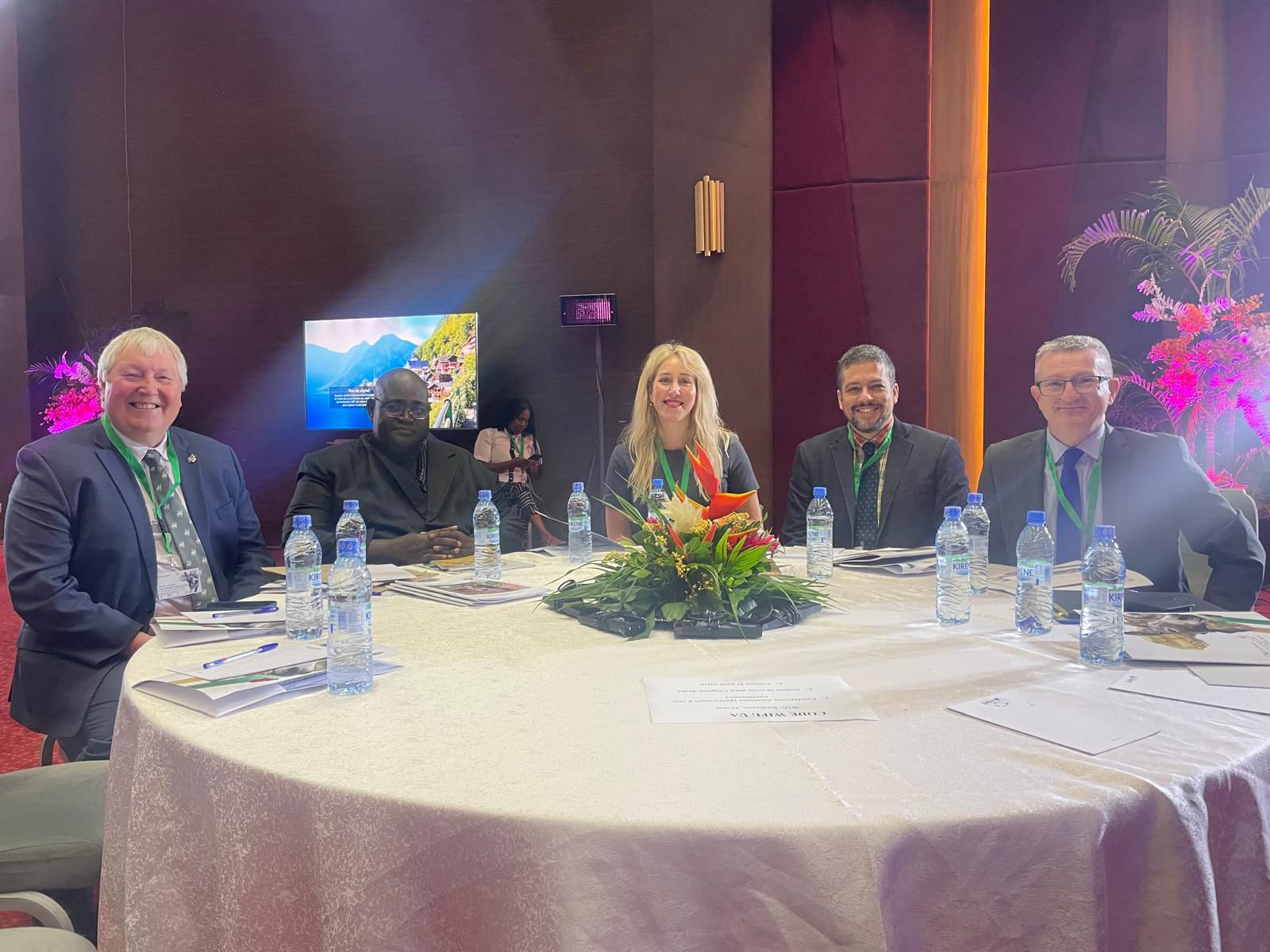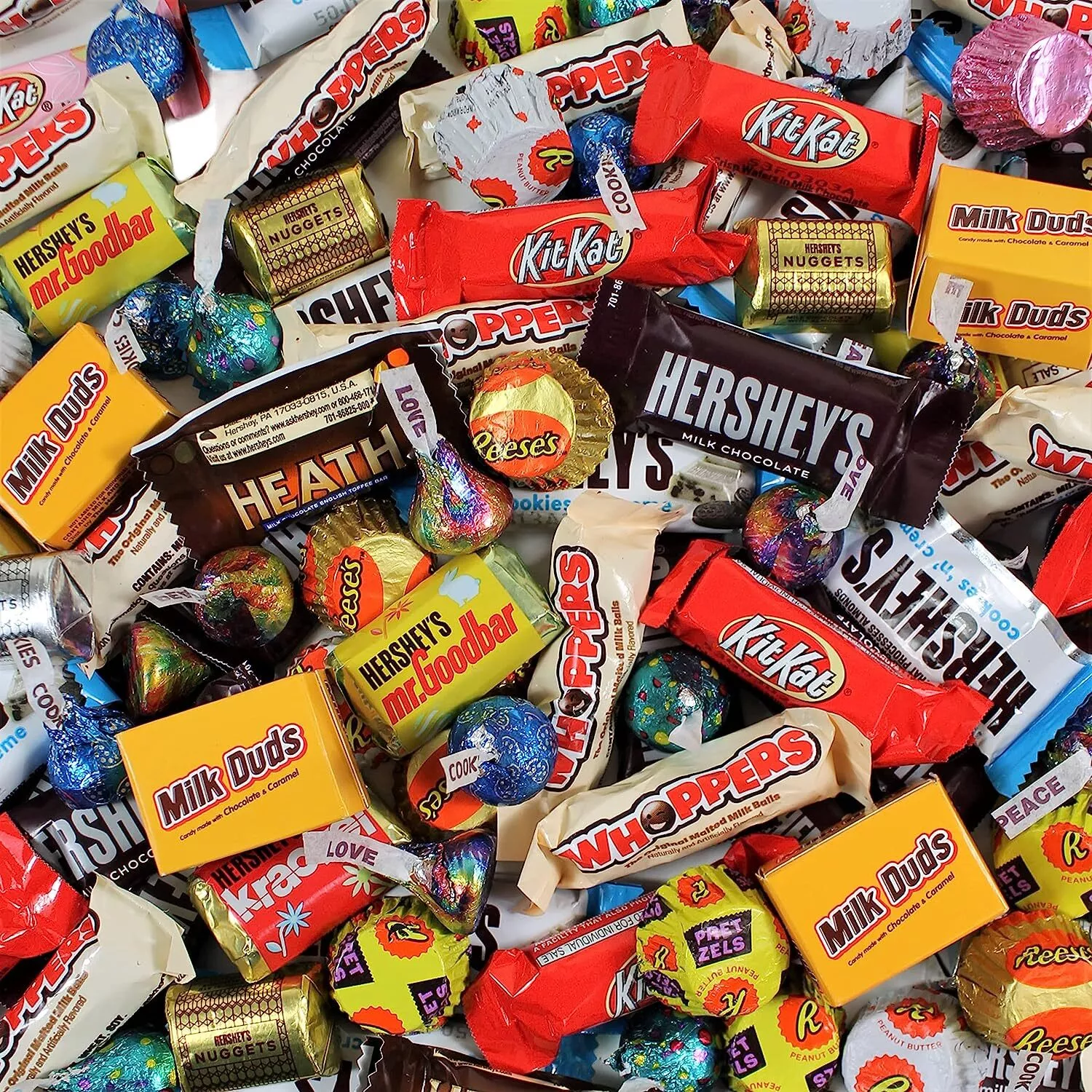FELICIA ITEJI
International animal welfare charity, The Donkey Sanctuary, has presented stark new evidence revealing the devastating impact China’s demand for donkey skins is having on Africa’s women and children, at the second Pan-African Donkey Conference (PADCo) in Cote D’Ivoire on 26 and 27 June 2025.
Figures published by the charity show at least 5.9 million donkeys are slaughtered for their skin every year to make ejiao, a Traditional Chinese Medicine made from donkey gelatine. Donkeys suffer at every stage – from being taken and transported to being cruelly slaughtered.
Demand has decimated China’s own donkey population, once the biggest in the world, and now the industry is targeting countries in Africa, Asia and South America.
The new report Stolen donkeys, Stolen Futures is the first to document in detail the invisible crisis facing Africa’s women and children as a result of escalating demand for ejiao.
Featuring peer-reviewed research, published today in the journal Human Animal Interaction, the report reveals donkey theft is rife in rural Kenya, with 29 out of 30 women (over 90 per cent) in one community having had their donkeys stolen.
Other findings include an average 73 per cent drop in household income following the loss of a donkey in some areas - the difference between modest survival and destitution – and firsthand accounts of the economic, physical and emotional burden of losing a donkey.
The research provides strong evidence that the exploitation of Africa’s donkeys is fundamentally eroding progress toward UN Sustainable Development Goals of gender equality and no poverty.
Dr David Obiero, lead author of the research, presented the findings at PADCo - hosted by the African Union’s Inter-African Bureau for Animal Resources (AU-IBAR) and supported by the International Coalition for Working Equids (ICWE), of which The Donkey Sanctuary is a founding member.
The event was attended by African leaders and decision-makers, and follows the commitment in February 2024 by all Member States of the African Union to impose a moratorium on the slaughter of donkeys for their skin, and the development of a continent-wide strategy for their welfare.
“The testimonies of the women interviewed show donkeys are much more than livestock - for many, these intelligent and resilient animals are a lifeline; a co-worker and companion, often regarded as an extension of the family and described by one research participant as her ‘co-wife’.
Another ranked her donkey higher than her spouse in terms of the contribution it makes to the family income and household support,” said Dr David Obiero from the Africa Centre for One Health-One Welfare Research, Innovation, and Sustainable Livelihoods at Maasai Mara University.
“When donkeys are stolen for the skin trade it brings immense suffering to our communities. A family loses its livelihood, and women are left to carry heavy burdens alone. It is heartbreaking to see how quickly our donkeys are disappearing and how deeply this loss is felt,” said Anne Odari Onditi, Treasurer of the Association of Donkey Owners in Kenya, and author of the report’s foreword.
“This latest research and the powerful story it tells evidences the devastation caused by the donkey skin trade and its disproportionate impact on women and children. We hope this report will be a call to action for governments in Africa and around the world to take decisive steps to end this human and animal welfare disaster,” said Marianne Steele, CEO of The Donkey Sanctuary.
“Time is running out for Africa’s donkeys and the women and children who rely on them most. This event, co-hosted with AU-IBAR, is a powerful opportunity for Africa’s leaders to reaffirm the landmark commitments they made at the AU Summit in 2024, and to work together on a strategy to protect one of the continent’s most precious resources.
"We hope all Member States will seize this chance to end this escalating human and animal welfare disaster,” said Jessica Stark, Chair of the International Coalition of Working Equids.






